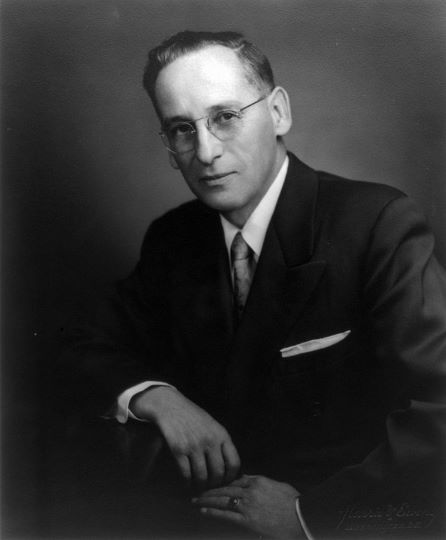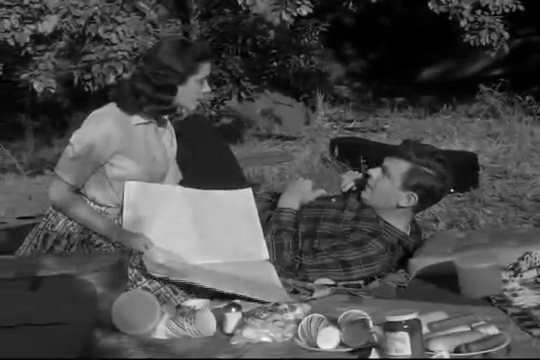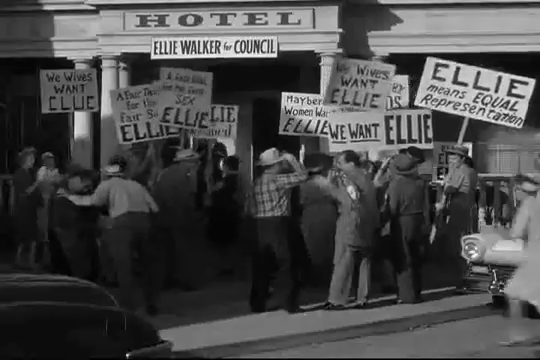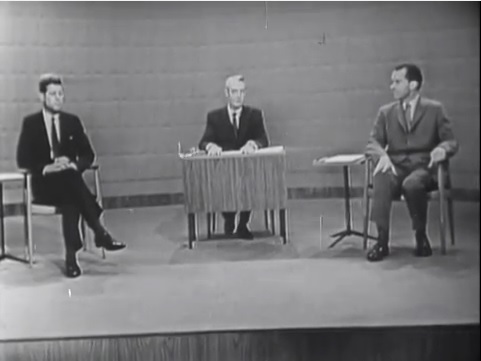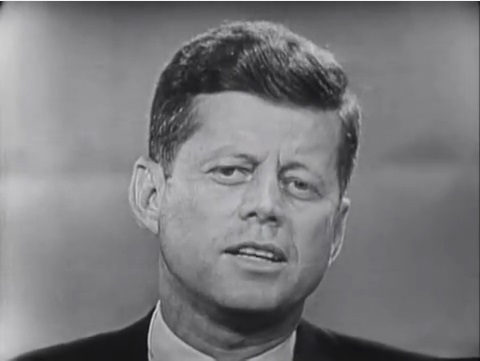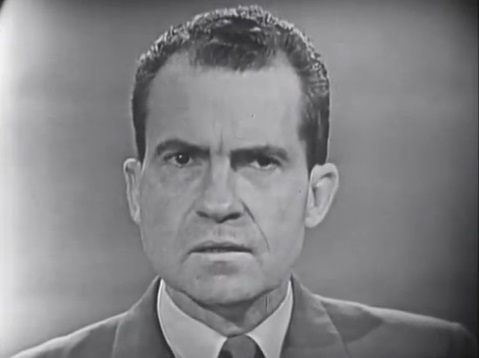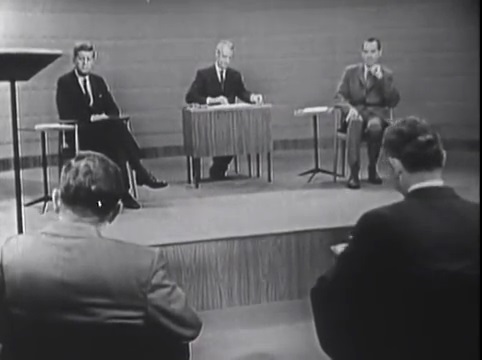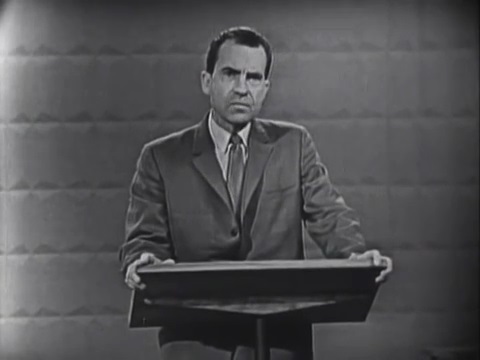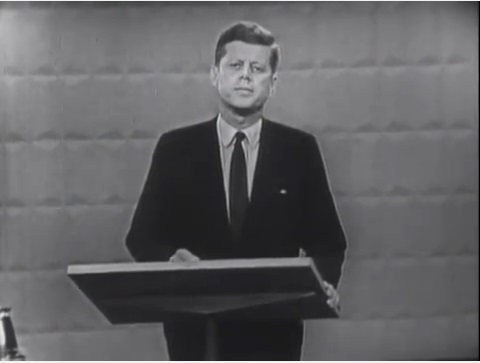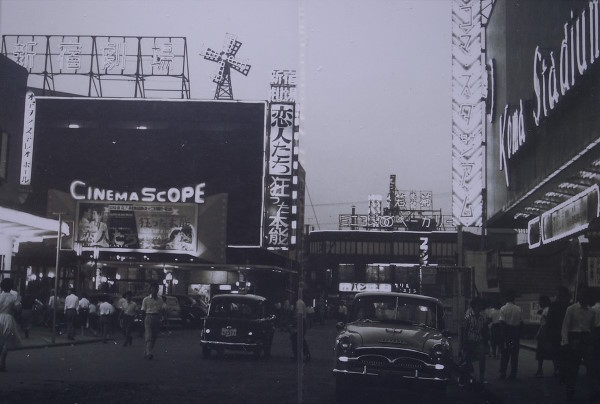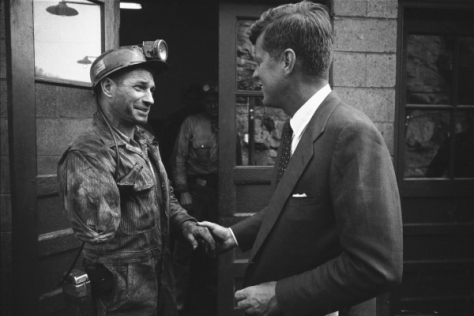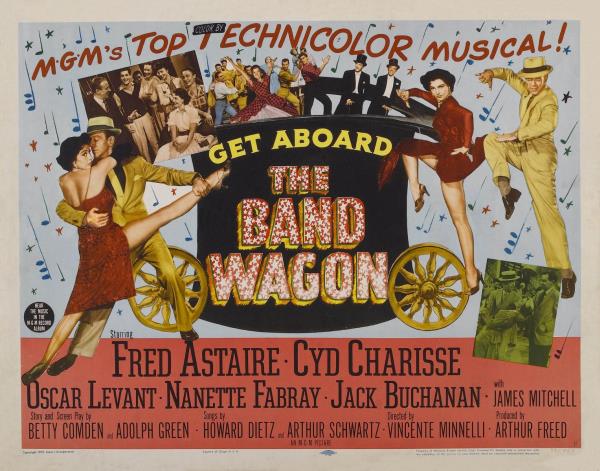[if you’re new to the Journey, read this to see what we’re all about!]

by Victoria Lucas
Erudition enshrined
Well, here’s something I hadn’t run into before. I don’t spend much time in bookstores or newsstands because I can’t afford to go wild in them as I’d like. Better to step away than to spend a mortgage-payment worth of money for a few books and/or magazines.
However, I couldn’t resist this one. Drawn by a bookish magnet into a little cubbyhole crowded with books from floor to ceiling and overseen by a disheveled person near the front door with a cat on his desk, I stumbled onto a literary magazine I hadn’t seen before, apparently created while I was busy with school in 1961. The Second Coming (not of Christ, of American intellectualism) is now on its third issue, or at least it was in June.
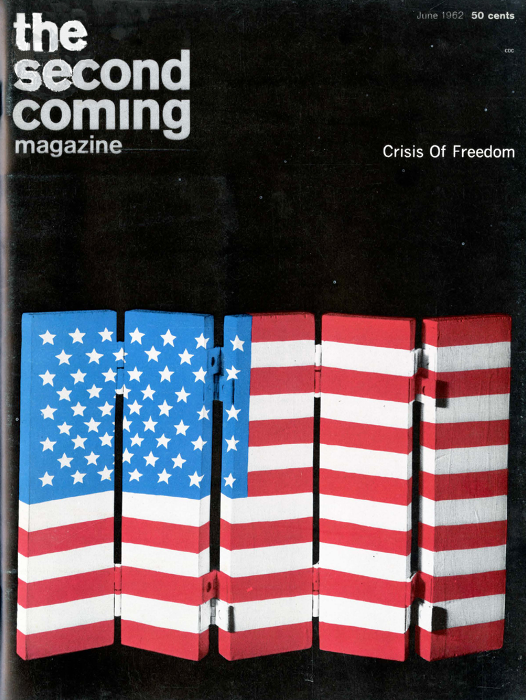
On the June cover is an image of an American flag with hinges and on the first page is a photograph of MY typewriter, a Smith-Corona electric. After another ad it flaunts its authors and artists, among whom are the following: Herbert Blau, one of the founders and directors of The Actor’s Workshop of San Francisco, whose work I saw when I was at Stanford, film critic Pauline Kael, writer James O’Connor, fiction writer Isaac Bachevis Singer’s (in translation), and Susan Sontag, who teaches “in the Department of Religion at Columbia University.” It is a literary magazine in the tradition of the Paris Review and the Evergreen Review.
Glancing at back issues (reading copies only under the watchful eye of the man with the cat), I saw that Issue Number 2 in 1961 was the most exciting so far, with prose, not poetry, from Allen Ginsberg, poetry not prose from Frank O’Hara, and works by Kenneth Koch and Gunther Schuller. That issue also sported drawings (not paintings) by Robert Rauschenberg, and a critique of reproductions of art by Jasper Johns, Ad Reinhardt, and Mark Rothko. At the very back are (sigh!) advertisements for The Modern Jazz Quartet and WBAI FM Radio in New York. (I learned to like Pacifica Foundation radio while at Stanford and heard programs from WBAI.) The issue also reproduced letters from Saturday Review editor Norman Cousins, Jacques Barzun, and (my favorite literary lion) John Simon, congratulating the editor on the first issue of the journal.
The one I went out the door with, though, having paid my mite and feeling dizzy from the intellectual heights (and perhaps the dust), was the March 1962 issue, with a cultural piece by Roland Barthes, fiction by William S. Burroughs, and articles on “The Eichmann Trial and the rule of law” and “Bankrupt Myth of a Free Economy.”
I love little magazines, especially clever little magazines. Perhaps someday, I shall have to try more of the ones the Traveller is always reviewing…
From doing the papers to being in the papers
Just a word about an upcoming San Diego, California election. As part of the continuing reorganization and creation of California’s electoral districts, a 37th Congressional District has been formed. Keep your eye on Democratic candidate Lionel Van Deerlin, who lost his last attempt at getting into the House of Representatives in 1958. It’s rare to see a Democrat win in this area, which is heavily populated by members of and retirees from the military, as well as other retirees.
Van Deerlin does have the advantage of being a newsman. He knows the angles; he knows the reporters; and he knows the politicians. Whether this will give him enough of a boost to win will be interesting to watch.
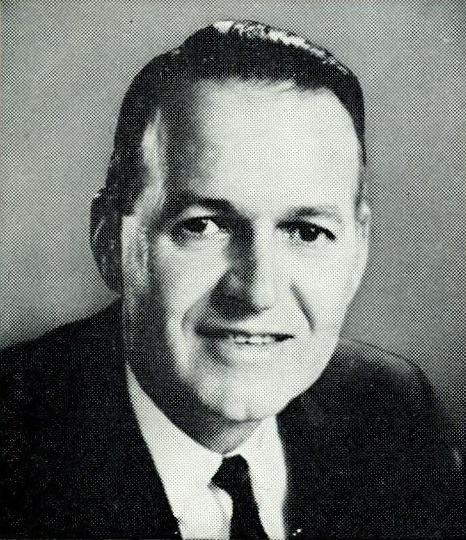
A native of Oceanside (just north of San Diego), Van Deerlin received his Bachelor’s in journalism from USC (University of Southern California) in 1937, and when in the Army in World War II he became a writer for Stars and Stripes. He was city editor for the San Diego Daily Journal from 1946 to 1950, and was KFSD-TV news director until last year.
He married Mary Jo Smith in 1940, and Mrs. Van Deerlin and their children were pictured in publicity shots for earlier campaigns and articles about his career in journalism, looking all very American family.
A friend in San Diego is keeping me posted, so more about this later!
[The district of the Traveller and family (the 35th) is also new, though we should be so lucky to have a Democrat as a contender. Instead, the Republican, James B. Utt, is a shoo-in. His politics are somewhere to the right of Ghengis Khan, so he fits in perfectly with North County's sentiments. Oh well. As a grown-up, I shall not make derogatory comments about his thoroughly appropriate name…]
